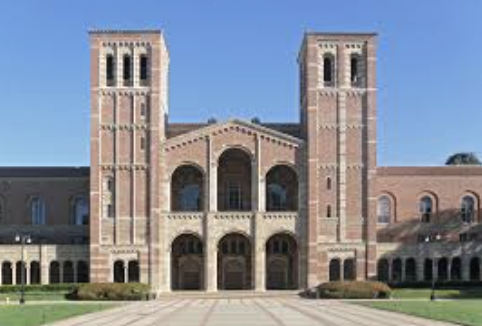
As the next U.S. Presidential election approaches in just under one year, a poll conducted by the New York Times and Siena College poll indicated that if the election were held now, former President Donald Trump would lead over the incumbent President Joe Biden in crucial swing states. The findings of the poll, conducted in key battlegrounds like Nevada, Georgia, Arizona, Michigan, Pennsylvania, and Wisconsin, have raised concerns among Democrats.
These swing states are considered the key to any president’s victory. Most other states predictably vote for one of the two major parties, giving their electoral votes to one of the parties’ candidates. The swing states are the exceptions, being almost evenly divided between the two major parties in recent races. Therefore, pollsters and candidates both look to those states as the deciding factor in any presidential election.
The poll challenges the common belief that Biden is likely to win reelection, despite his current low approval rating of 39% at the time of publishing, according to FiveThirtyEight. Former President Donald Trump was previously considered unlikely to win a second term in the White House, having been indicted with four criminal charges along with other controversies before, during, and after his 2017-2021 presidential term.
In five out of the six swing states, Trump emerged as the frontrunner, marking a significant turn of events from the 2020 election where Biden secured victories. The lone exception was Wisconsin, where Biden retained a lead. The poll results not only reflect Trump’s potential resurgence, but also shed light on several key factors which influence the sentiment of voters
A significant finding from the poll was the perception of Biden’s age. A shocking 71% of respondents, including 54% of Biden’s supporters, expressed concerns about the president being “just too old to be an effective president.” In contrast, only 39% held similar concerns about Trump. This is in spite of the former president being in the position, if elected, to become the oldest president at inauguration, according to Axios.
Economic considerations have also played a large role in shaping the preferences of voters. The poll showed that Trump is trusted over Biden on the economy by a considerable margin of 22 points, with 59% of respondents favoring Trump compared to 37% for Biden in handling the economy. This economic trust factor may be a key contributor to Trump’s lead in these critical swing states.
Additionally, the generational shift in support has become evident, with Biden (46%) and Trump (47%) effectively tied among voters 29 or under. This shift represents a noteworthy departure from the 2020 election dynamics, raising questions about the sustainability of Biden’s appeal to younger demographics.
Comparisons within the Democratic ranks have added another layer of complexity to the poll’s implications. While Trump leads over both Biden and Vice President Kamala Harris, a generic, unnamed Democrat performs better, with an 8-point lead over Trump (48%) when asked whether one would definitely or probably vote for either. This discrepancy suggests that the current Biden-Harris administration is far less popular than the Democratic party as a whole.
In an interview with Axios about this poll, Kevin Munoz, a spokesperson for Biden’s reelection campaign, downplayed its significance. He emphasized the temporal nature of predictions more than a year out, citing Gallup’s inaccurate prediction of an eight-point loss for President Obama, who went on to win reelection a year later. Munoz expressed confidence in the Biden campaign’s strategy, stating, “predictions more than a year out tend to look a little different a year later.”
The current polling dynamics also invoke memories of a similar New York Times/Siena College poll four years ago, which portrayed Biden as the most favored Democrat against Donald Trump. Back then, Biden’s campaign capitalized on such polls to bolster its argument for his nomination, emphasizing his perceived advantage in a head-to-head race against the Republican. However, the recent poll underscores a stark reversal of fortune, posing challenges for the Biden campaign.
As Americans prepare for another significant Presidential election in 2024, the implications of this poll have revealed many facts about the voter base and changed the perceptions of many. It adds a sense of urgency and reflection for Biden’s campaign, as they now must face a serious opponent and change the public’s perception in order to win a second term in office.


















